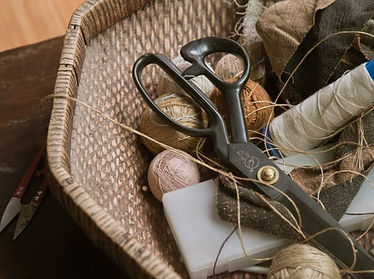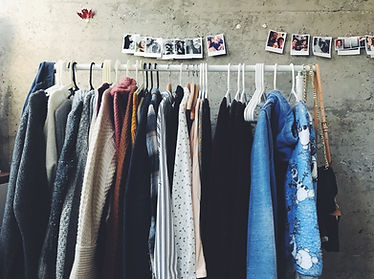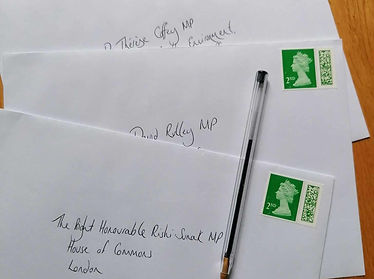
-PhotoRoom_png-PhotoRoom.png)

Household

01
What is the biggest plastic bottle in your house? In mine it was the laundry liquid bottle.
If I bought a bottle that contained 38 washes and did 7 washes a week (although tbh we probably do more) it would be about 5 weeks to go through a bottle. That would create 10 large plastic bottles (20 if you include fabric conditioner too) to go in the waste or recycling each year.
02
Microfibres are a type of microplastic which is below 5mm in size and thinner than a human hair.
Synthetic clothes can shed microfibres such as polyester, fleece jackets, nylon, acrylic or even recycled plastic clothing.


03
This week’s step you can do right now!
A normal search engine makes money by the top results being paid for by advertisers. Ecosia is a search engine which works in the same way but rather than the profits going into the owners pockets they plant trees where they are needed.
04
Do you still use wet wipes in your house? Use make-up removal wipes? Disposable cleaning wipes?
Could you swap these out?

05
Before a child is potty trained they will go through over 4,000 nappies. This is is 3 billion nappies per year in England and Wales which accounts for 2-3% of all household waste at 400,000 tonnes per year.
06
According to digitalcleanupday.org 1 email emits on average 4g of CO2, this equals the carbon footprint of a low-energy light bulb turned on for 6 minutes. An email with a large attachment can release up to 35g of CO2. They also state 319,6 billion of emails were sent every day, in 2021.
07
A Library of Things (LOT) reduces the need for everyone in a community to own the same items and find space store them. By having a central collection point, it cuts down on costs for the individual, reduces the impact on resources making the products and eliminates waste where an item is only used a couple of times.
08
It can feel a bit daunting at times to look about and see if we can make a difference.
Getting involved on a national scale through politics, petitions and protests can also feel like a big step. How about looking closer to home and seeing if you can make a difference in your community. You don’t have to be someone who leads a project, you can give as much or little time as you have.
09
Such a satisfying Small Step to take. My daughters love going litter picking, to get home with a big bag of rubbish cleaned from on your community feels like you are really making a difference in your local area.
10
The recycle now website states “UK households have an average of £4,000 worth of clothes - but 30% of those haven’t been worn in the last year”. Reducing your purchases by repairing your items reduces the energy and resources needed to make new items, reduces items going to landfill and also saves you money.
11
How do you make a decision on purchasing an item? How can you tell if the bank you are with is looking after your money in an ethical way? Are there any suppliers that you really should avoid? A great Small Step this week is to sign up to Ethical Consumer.
Did you know the total greenhouse gas emissions from textiles production, at 1.2 billion tonnes annually, are more than those of all international flights and maritime shipping combined?
Before the 5p charge was introduced, the average household used around 140 single-use plastic carrier bags a year, and this has now been reduced to four according to figures from the Department for Environment, Food and Rural Affairs (Defra).
15
I have just composed a letter to my local MP. If I am concerned about a local issue or I hear a national issue that I feel my MP should also be concerned about I will write.



.jpg)






